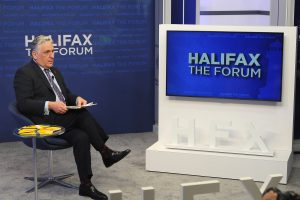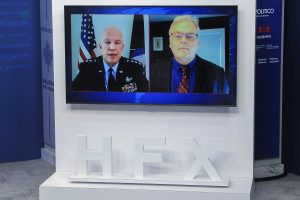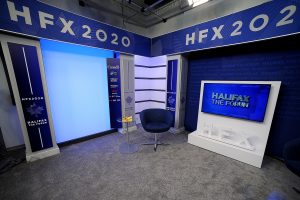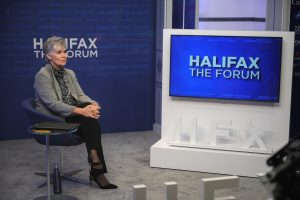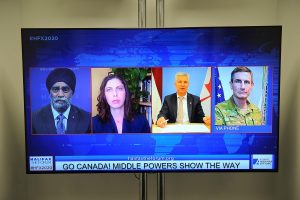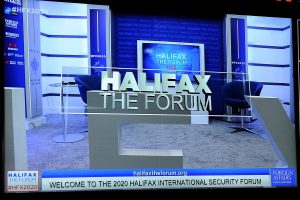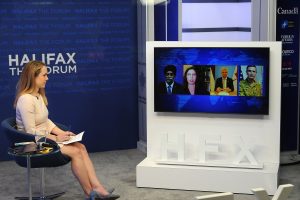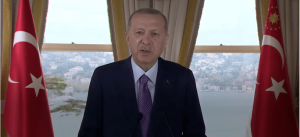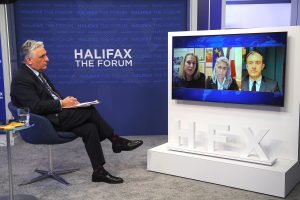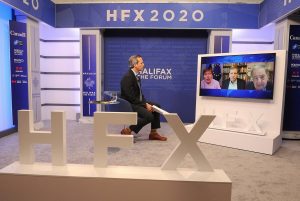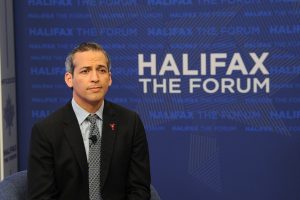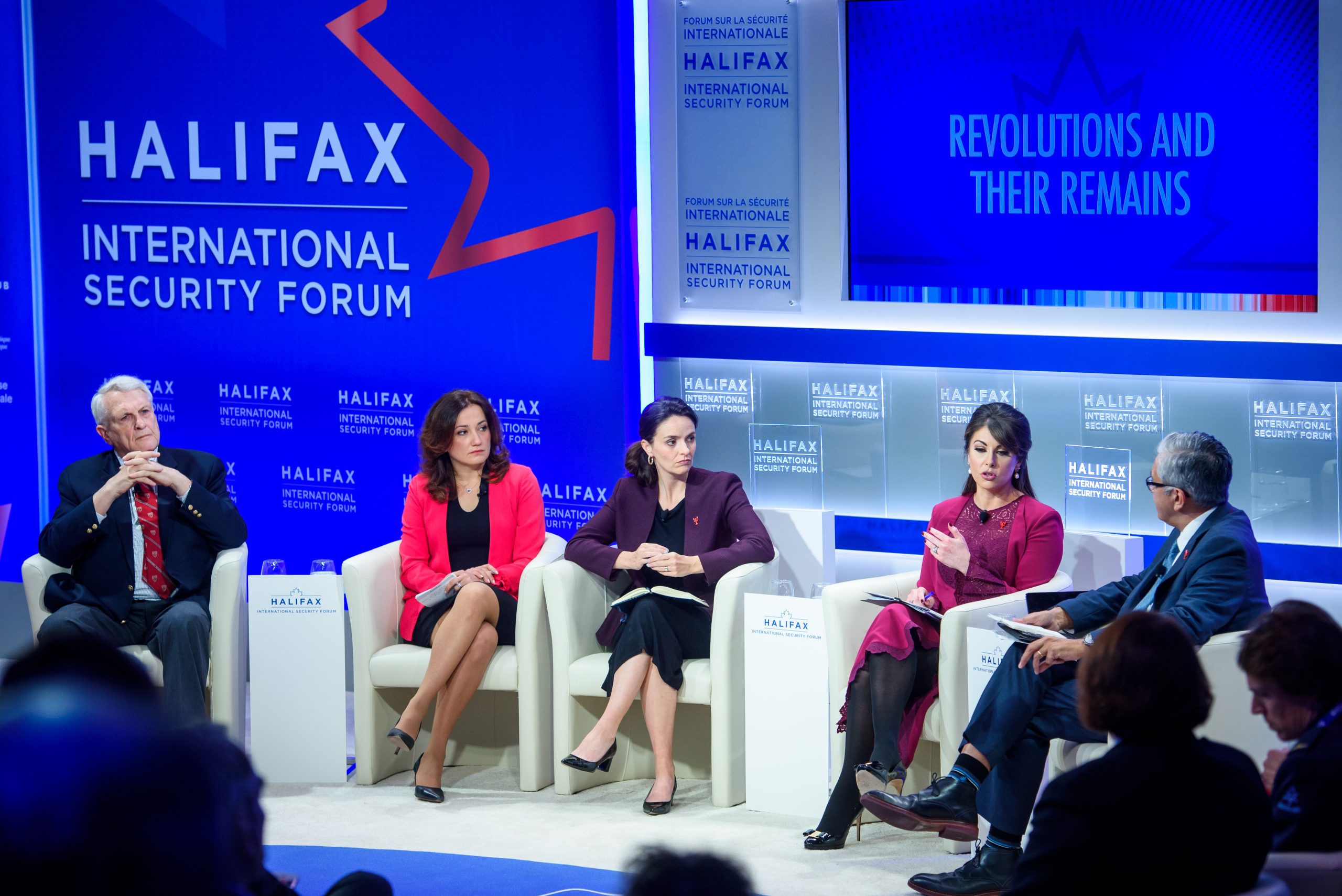
2020 HALIFAX INTERNATIONAL SECURITY FORUM
DATE
November 20-22, 2020
LOCATION
Hybrid
PARTICIPANTS
300
AGENDA & SPEAKERS
8:00 EST
Informal Sessions via Zoom Off the record
Afghanistan’s Final Piece
- WITH: Dr. Orzala Nemat, Research Associate, Centre for International Studies and Diplomacy, Hassan Soroosh, Ambassador of Afghanistan to Canada
- HOSTED BY: Ian Brodie, Associate Professor, Fellow, University of Calgary; Canadian Global Affairs Institute
Back: Nagorno-Karabakh
- WITH: Leila Alieva, Affiliate Researcher, Russia and East European Studies, Oxford University; Vasil Sikharulidze, Chairman, Atlantic Council of Georgia
- HOSTED BY: Ia Meurmishvili, Senior Editor, Voice of America, Georgia
Hong Kong’s Present, Taiwan’s Future
- WITH: Dolkun Isa, President, World Uyghur Congress; King-wa Fu, Associate Professor, Journalism and Media Studies Centre, University of Hong Kong; Emily Lau, Former Chairperson, Former Member, Democratic Party, Legislative Council, Hong Kong,
Szu-Chien Hsu, Deputy Secretary-General, National Security Council,Taiwan
- HOSTED BY: Roland Paris, Professor of Public and International Affairs, University of Ottawa
London Outs, Brussels Pouts
- WITH: Francois Bausch, Minister of Defence, Luxembourg; Juri Luik, Minister of Defence, Estonia
- HOSTED BY: Robin Shepherd, Vice President, Halifax International Security Forum
Maduro’s Venezuela: A Rogues’ Gallery
- WITH: David Smolansky, Special Envoy for Venezuelan Migration and Refugee Crisis, Organization of American States; Luis Rubio, Chairman, Mexican Council on Foreign Relations, Mexico Evalua; Mónica Beltràn, Chargée d’Affaires a.i., Embassy of Colombia in Canada; Juan Carlos Pinzón Bueno, President, ProBogota, Chairman, Virtus Global,
- HOSTED BY: Chris Sabatini, Senior Fellow for Latin America, Chatham House
Tide Power: Bay Of Fundy’s Electric Waves
- WITH: Tammy Harris, Former Deputy Commander, Royal Canadian Air Force; Bruce Cameron, Senior Associate, Envigour; Paul Owens, Atlantic Canada Opportunity Agency,
- HOSTED BY: Jonathan Meretsky, Managing Director, Merit House
10:00 EST
Plenary 3: Economic Depression: Democracies’ Recession On the record
Speakers
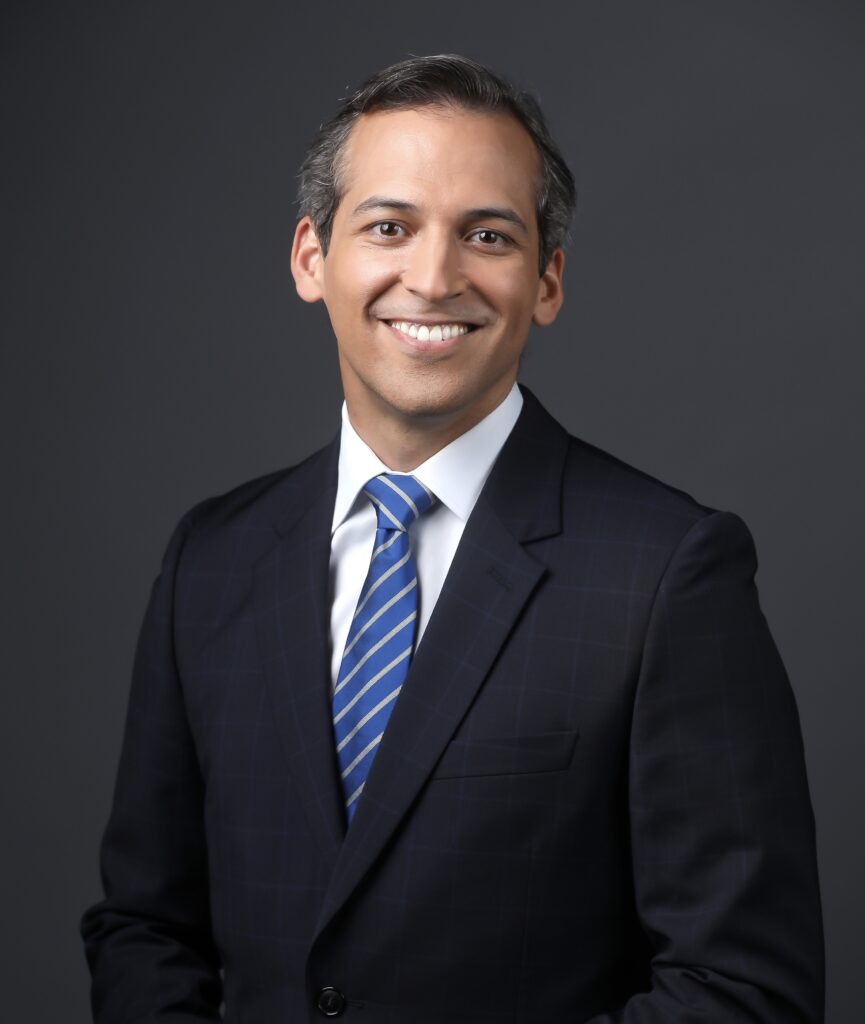
Moderator Nick Schifrin
Foreign Affairs and Defense Correspondent, PBS NewsHour
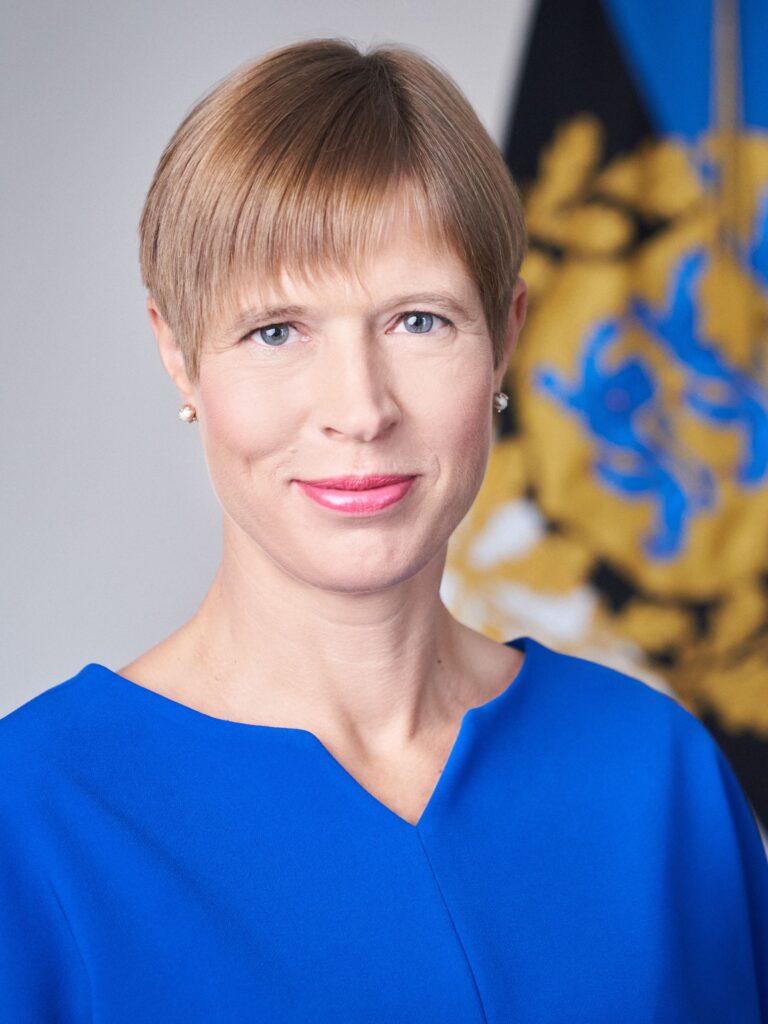
Kersti Kaljulaid
President, Republic of Estonia
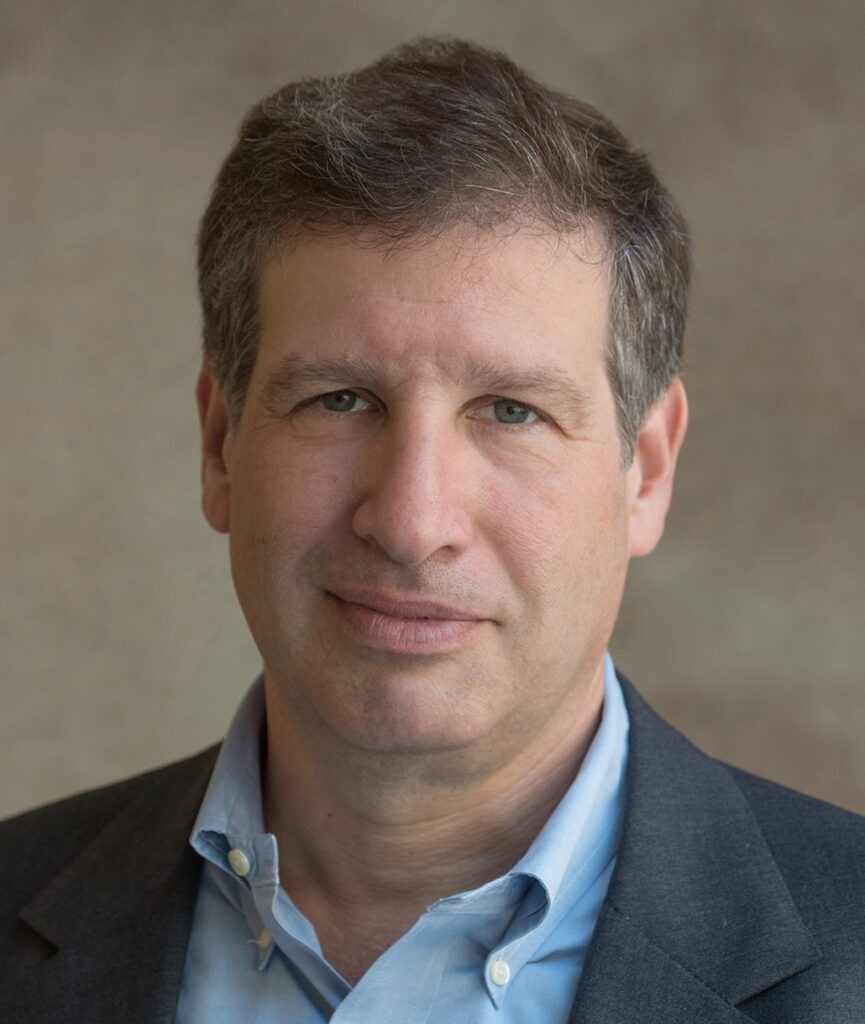
Gideon Rose
Editor, Foreign Affairs
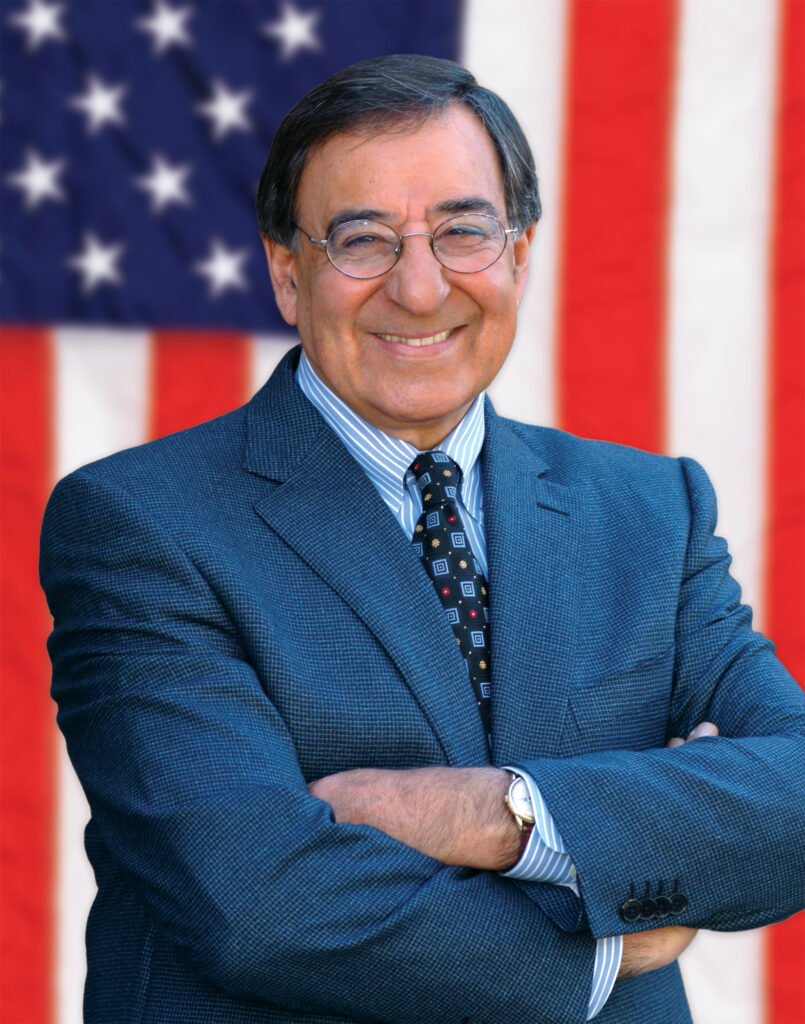
Leon Panetta
Chairman, The Panetta Institute for Public Policy
The economic fallout from COVID-19 has sparked the worst financial downturn since the Great Depression. It has also exacerbated existing inequalities in a devastating way. Is the world now headed for a period as tumultuous as the 1930s? Does history repeat itself or, as American humorist Mark Twain said, does it simply rhyme?
Gideon Rose thinks that we may have avoided the worst outcomes of the 1930s, but our belief in the natural progression of democracy has taken a hit. He pointed to how the pandemic inspired a further rise in nationalist sentiment. Jane Harman feels there wasn’t enough recognition of the fact that many people were left behind in the rush to streamline globalization. Senator Tim Kaine is certain that the best way to confront a pandemic is through international cooperation. Can the US get back on track as a global leader, despite the pandemic? Secretary Leon Panetta fears that the catastrophic handling of the pandemic in the US has raised questions both at home and abroad about America’s capability of handling a crisis. President Kersti Kaljulaid still hopes, however, that we will see some positive outcomes from the pandemic – specifically due to new technologies, new ways of working, and expanded supply lines.
There’s no doubt that the pandemic has changed the world forever and Dr. Theresa Tam, Canada’s Chief Public Health Officer, had a sobering warning: COVID-19 hit the most vulnerable populations in Canada the hardest. If we aren’t careful, the next pandemic will do the same.
“Despite these tragic events and the global pandemic, Canada remains engaged in operations around the world.”
— Jane Harman, the Director, President, and CEO of the Wilson Center
“Although the US may have escaped the worst, the fact that we brushed so close and that there were so few guardrails means that we can no longer take liberal democracy as an uncontested norm.”
— Gideon Rose, Editor, Foreign Affairs
“Russia and China fear alliances. The Western world has been able to protect its security because we come together.”
— Leon Panetta, Chairman, The Panetta Institute for Public Policy
“I can guarantee that the next pandemic is going to hit the same vulnerable populations.”
— Dr. Theresa Tam, Chief Public Health Officer, Canada
“I think coronavirus has demonstrated that we aren’t going to solve the big problems in the world without effective and vibrant alliances and international organizations.”
— Senator Tim Kaine, Senator from Virginia, United States Senate
“We didn’t notice that globalization, which sounded great, didn’t benefit a lot of people- it dislocated work in particular- those people are left out.”
— Kersti Kaljulaid, President, Republic of Estonia
Remarks From President Erdoğan On the record
Speakers
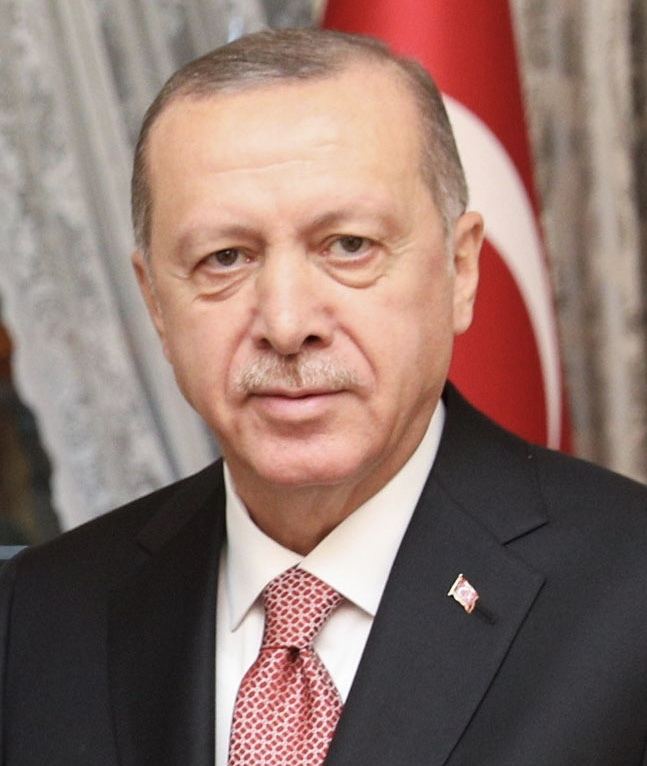
Recep Tayyip Erdoğan
President, Turkey
President Recep Tayyip Erdoğan addressed HFX participants, to highlight Turkey’s commitment to protecting its national sovereignty and peace in the region. Speaking to the ongoing issues in the Nagorno-Karabakh region, he expressed thanks to the Russian Federation for their help in brokering a ceasefire in the conflict. He also addressed the conflict in Libya, and advocated the continuation of dialogue to encourage peace. Erdoğan reiterated Turkey’s determination to pursue natural resources in the Mediterranean, and says Turkey has never closed the door on dialogue and diplomacy to do so.
“We do not have an eye on any country’s land, sovereignty, or domestic affairs.”
— President Recep Tayyip Erdoğan, Republic of Turkey
“We have never closed our doors to dialogue and diplomacy.”
— President Recep Tayyip Erdoğan, Republic of Turkey
“We do not have an eye on any country’s land, sovereignty, or domestic affairs.”
— President Recep Tayyip Erdoğan, Republic of Turkey
“We have never closed our doors to dialogue and diplomacy.”
— President Recep Tayyip Erdoğan, Republic of Turkey
11:00 EST
Plenary 4: Clubs Med: The Scramble For Middle Earth On the record
Speakers
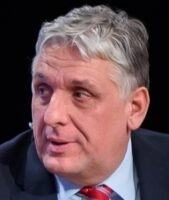
Moderator Robin Shepherd
Vice President, Halifax International Security Forum
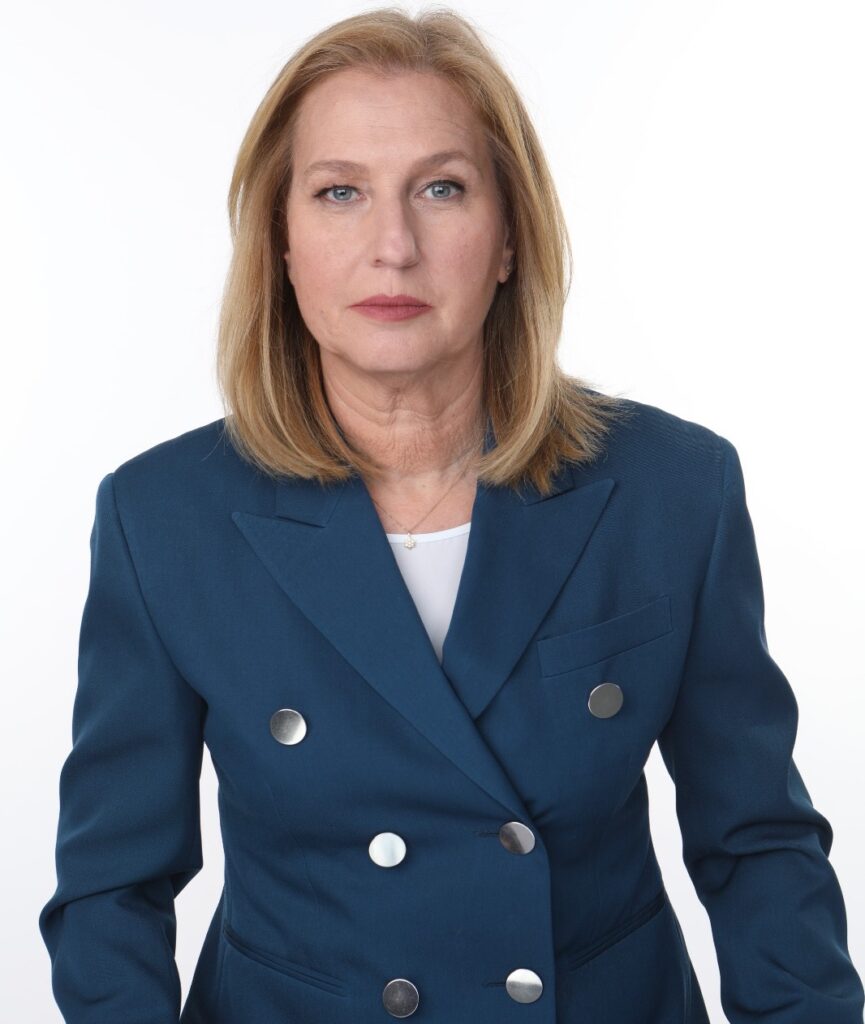
Tzipi Livni
Former Minister of Justice, Former Minister of Foreign Affairs, Israel

Véronique Roger-Lacan
Ambassador of France to UNESCO, France
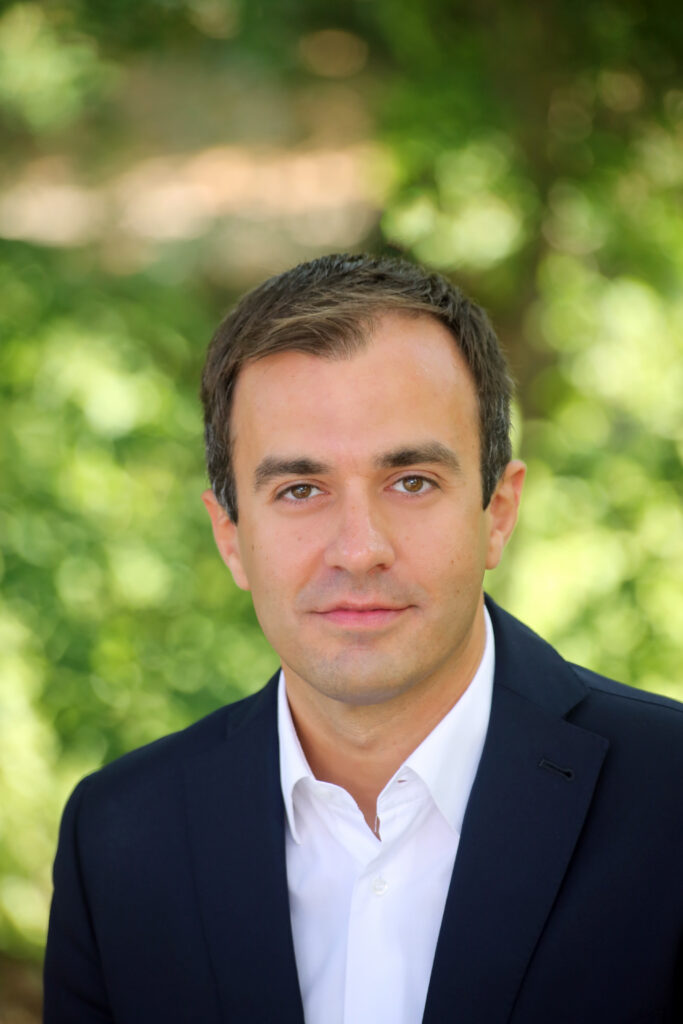
Tasos Chatzivasileiou
Member of the Greek Parliament, Secretary Gen. of the Standing Committee on National Defence and Foreign Affairs
With so many moving parts in the Middle East, nothing ever remains the same for long. This is especially true in a year like 2020. Over the past few months, we have seen a deterioration in relations between Greece and Turkey, even while alliances are improving between Israel and nearby Arab states. With regional debates over border lines and access to natural resources, there is no end to the diplomacy needed in the Middle East.
Véronique Roger-Lacan issued a forceful call for increased multilateralism in the Middle East. She said multilateralism is founded on the protection and promotion of individual human rights and freedoms and if every member of the international community respected those basic multilateralism principles, there would be less conflicts such as those in the Mediterranean to manage. Tzipi Livini sees positive new alliances forming between Israel and its neighbors. She was optimistic that they can continue to normalize relations with Arab and Gulf countries. Meanwhile, Tasos Chatzivasileiou hoped that President Biden will strengthen diplomacy and re-establish the United States as a badly-needed mediator between Greece and Turkey.
In a vast region, with many different priorities, the current global instability makes it more important than ever to have strong institutions that can encourage dialogue and democracy in the Middle East.
“There is a constant threat of war against Greece.”
— • Tasos Chatzivasileiou, Member of the Greek Parliament, Secretary Gen. of the Standing Committee on National Defence and Foreign Affairs
“I believe that globally, the day after COVID-19, the gaps between countries will be broader and a huge question will be how international organizations deal with this.”
— Tzipi Livni, Former Minister of Justice; Former Minister of Foreign Affairs, Israel
“The EU doesn’t close its door to anyone, the EU has criteria that all EU member states respect and follow.”
— Véronique Roger-Lacan, Ambassador of France to UNESCO, United Nations Educational, Scientific and Cultural Organization
HFX2020 Welcomes the Peace With Women Fellowship On the record
HFX is proud once again to present the Peace with Women Fellowship, a leadership program for senior female officers from across the NATO alliance. The Fellowship provides a chance for women across the democratic world to build and strengthen their networks and encourage leadership in all levels of national security. As Peter Van Praagh said, women in security should not be the exception, they should be the norm. Our exemplary 2020 Fellows prove that this is true.
In HFX was joined by the 2020 Peace With Women Fellows:
- Group Captain Carol Abraham, Chief, Defence Strategy Management, New Zealand Defence Force
- Colonel Katharine Barber, Wing Commander for the Air Force Technical Applications Center, Patrick Air Force Base Florida, United States Air Force
- Colonel Rejanne Eimers-van Nes, Commander, Personnel Logistics, Royal Netherlands Army
- Colonel Melissa Emmett, Career Manager General Staff, British Army
- Colonel Ivana Gutzelnig, MD Director, Military Centre of Aviation Medicine, Ministry of Defence of the Slovak Republic
- Colonel Dr. Stephanie Krause Commander, Medical Regiment No 1, German Armed Forces
- Lieutenant Colonel Lene Lillelund, Battalion Commander, Logistics Regiment, Danish Army
- Captain Rebecca Ore, Commander, Sector Los Angeles-Long Beach, United States Coast Guard
- Major General Germaine Seewer, Commandant, Armed Forces College, Deputy Chief, Training and Education Command, Swiss Armed Forces
- Colonel Rebecca Talbot, Chief of Staff, Supply Chain Branch, Australian Defence Force
- Colonel Geneviève Lehoux, Director, Military Careers Administration, Canadian Armed Forces
- Colonel Valérie Morcel, Head, 54th Signals Regiment, French Army
11:50 EST
Plenary 5: Go Canada! Middle Powers Show The Way On the record
Speakers
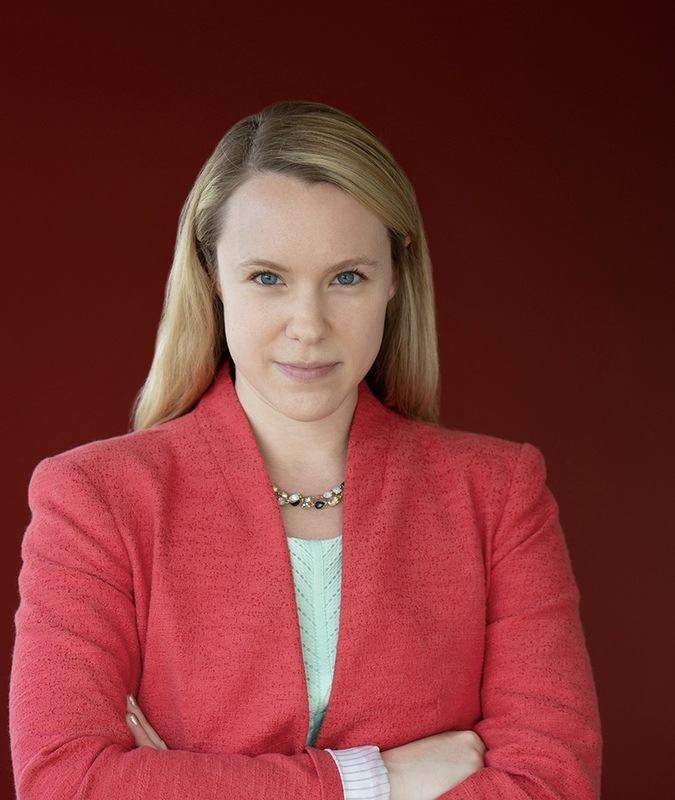
Moderator Lara Seligman
Pentagon Reporter, POLITICO
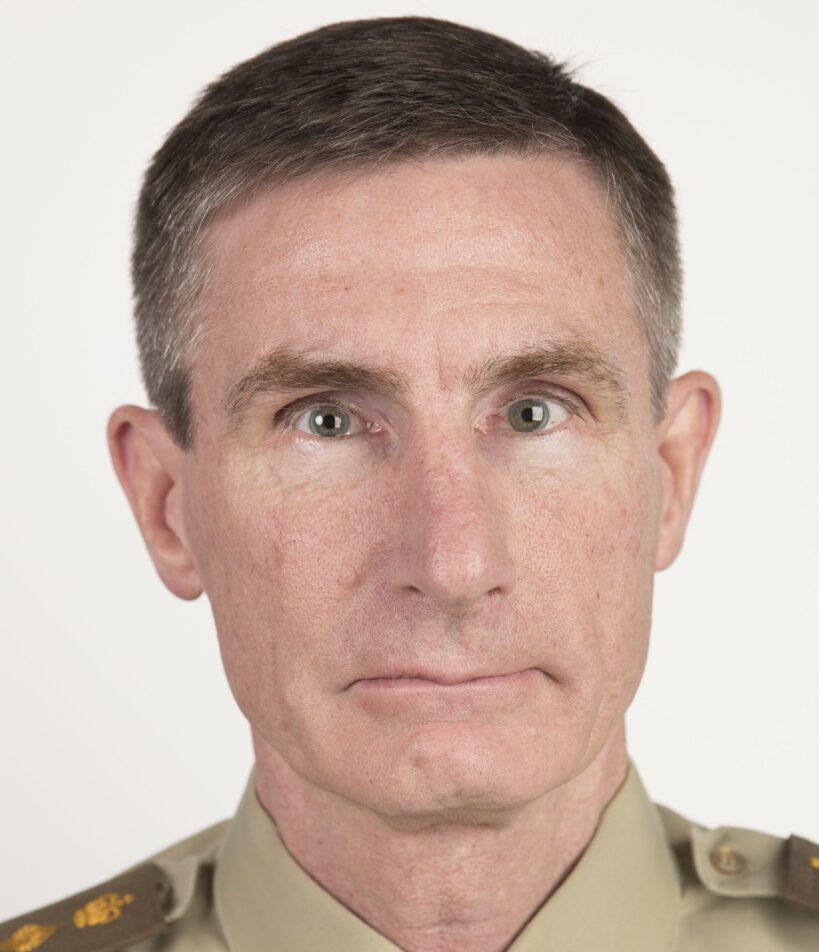
Angus Campbell
Chief of Defence, Australia
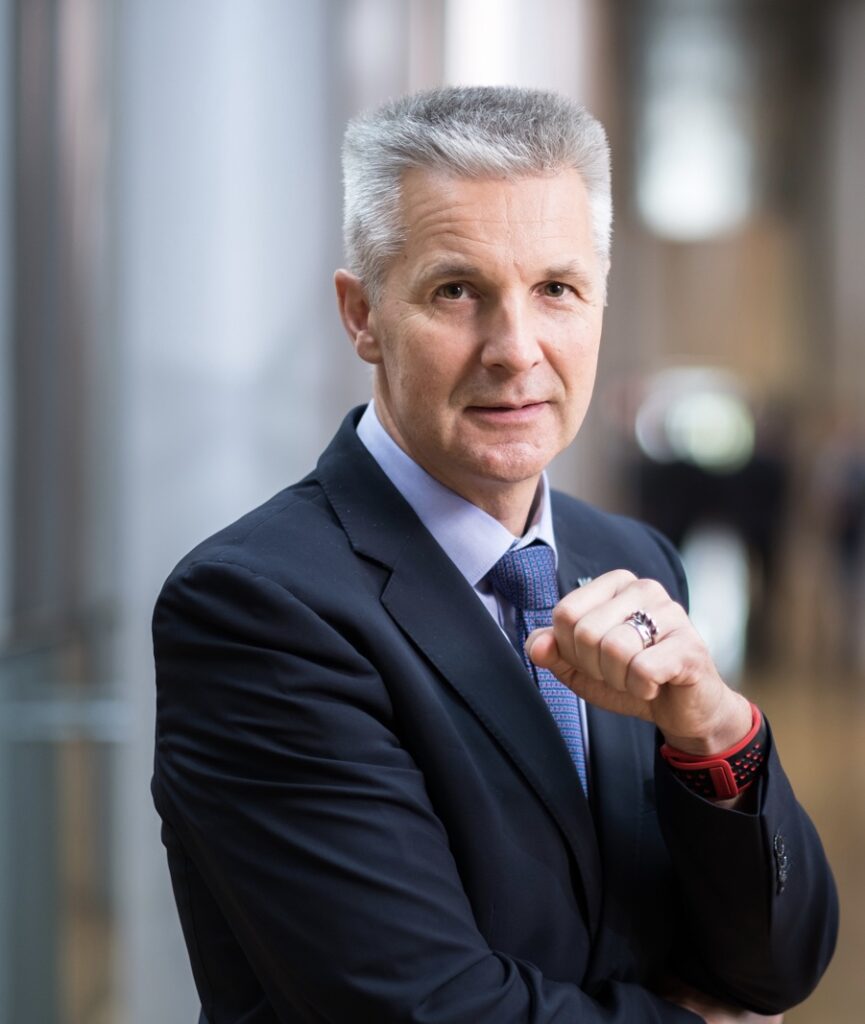
Artis Pabriks
Minister of Defence, Ministry of Defence, Latvia
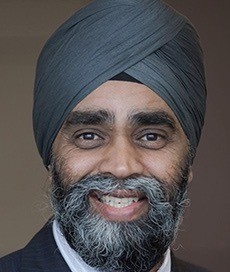
Harjit S. Sajjan
Minister of National Defence, Canada

Rachel Kleinfeld
Senior Fellow, Democracy, Conflict, and Governance Program, Carnegie Endowment for International Peace
Is Canada destined to be a middle child amongst greater powers? In a year marked by a rising China and struggling America, Canada’s top bureaucrat Ian Shugart thinks the biggest question his country must answer now is – How are we going to participate in the global order and what is the best contribution that we can make?
Rachel Kleinfeld believes that the time is now for countries like Canada to take on a leadership role on the world stage. Australia’s Angus Campbell is optimistic about the opportunity for middle powers to encourage other countries to join that effort. From Latvia, Artis Pabriks believes that the strength of the European Union is a positive example of middle powers coming together to create a political force on the world stage.
In dealing with global power struggles, a US leadership change and the COVID-19 pandemic, Canada cannot find its way alone. Canada’s Minister of National Defence Harjit S. Sajjan stated that middle powers can be united to face adversity and we should never underestimate the power of nations coming together.
“Although US leadership on the globe was inconsistent, sometimes ineffective, and sometimes unwelcome, it had been a cornerstone both democratically and militarily.”
— Rachel Kleinfeld, Senior Fellow, Democracy, Conflict, and Governance Program, Carnegie Endowment for International Peace
“I’m very optimistic about the future of US power in the world, and about the ability of major powers to innovate and generate the kind of influence necessary to support a rules-based international order.”
— Angus Campbell, Chief of the Defence Force, Australian Defence Force
“China needs to realize that the rest of the world is watching very closely, and when they find that citizens can be arbitrarily detained, it’s not a bilateral issue- it’s an issue for the world.”
— the Hon. Harjit S. Sajjan, Minister of National Defence, Department of National Defence, Canada
“Large powers usually earn respect not only through their power but through their example.”
— Artis Pabriks, Minister of Defence, Ministry of Defence, Latvia
Featured Speakers On the record
Speakers
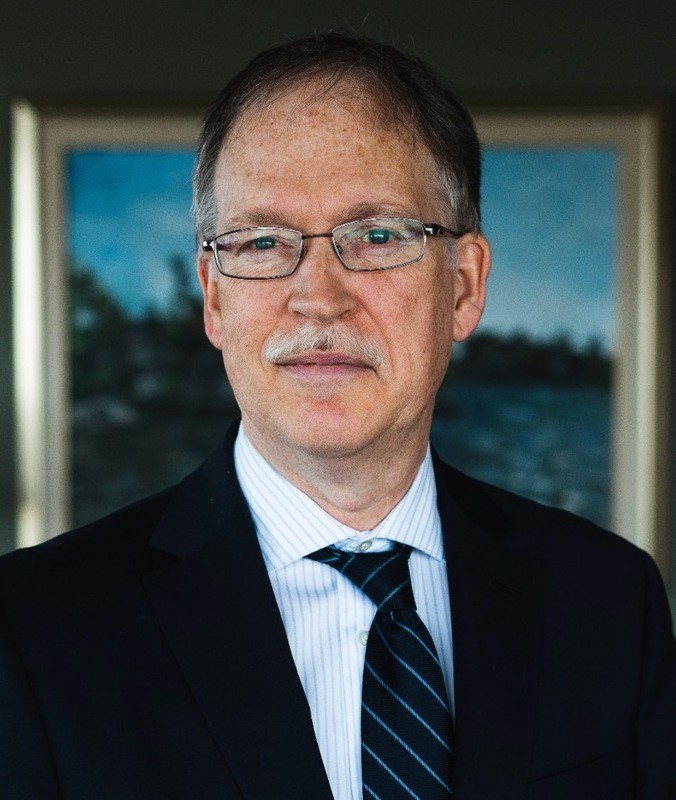
Ian Shugart
Clerk of the Privy Council and Secretary to the Cabinet, Privy Council Office, Government of Canada
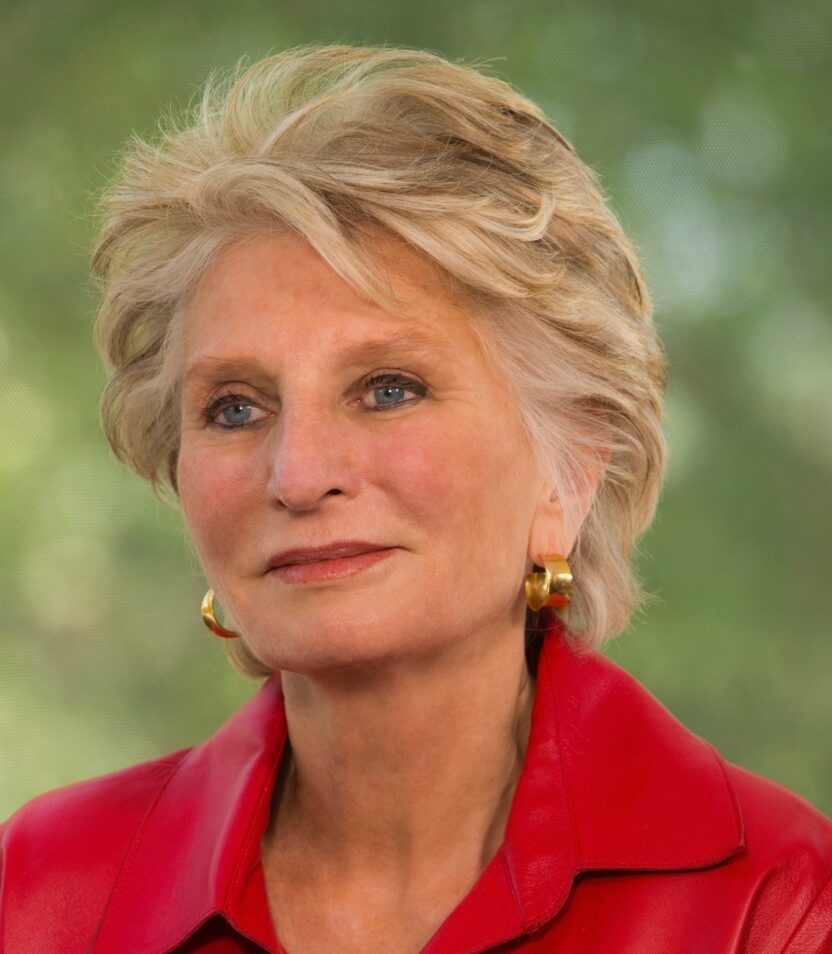
Jane Harman
Director, President, and Chief Executive Officer
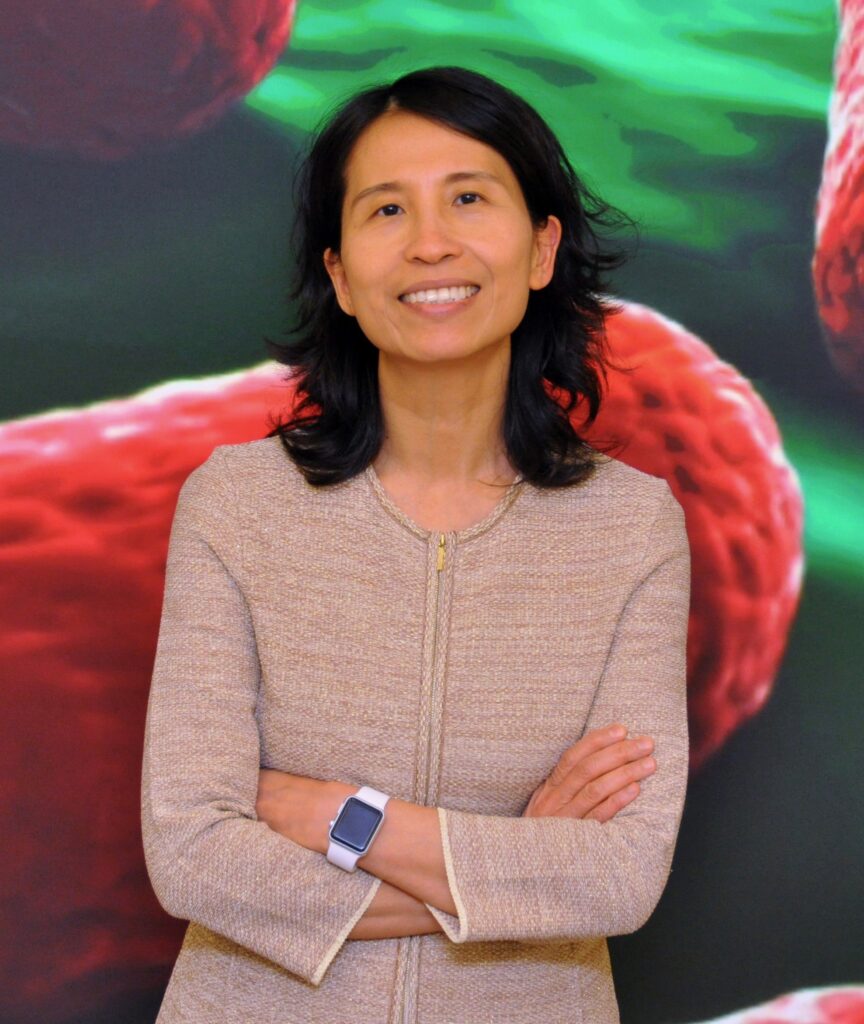
Theresa Tam
Chief Public Health Officer of Canada
15:00 EST
Plenary 6: Space: Contested On the record
Speakers
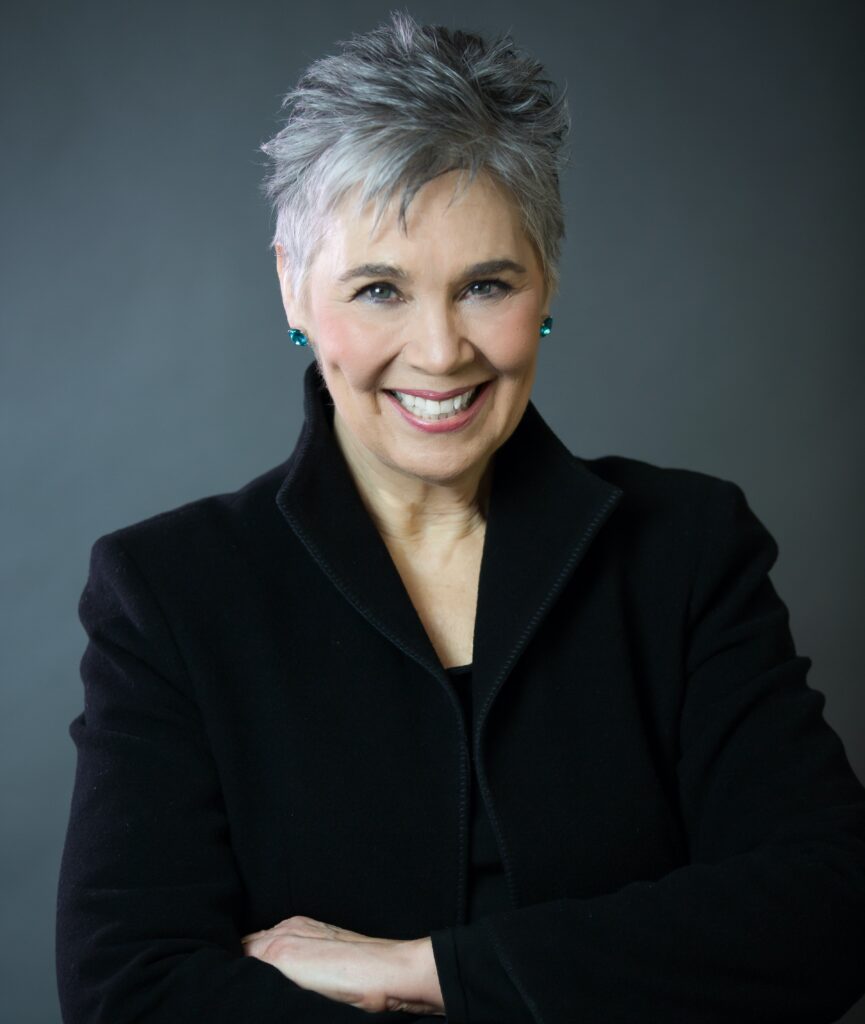
Moderator Jeanne Meserve
Security Analyst, Canada's CTV News, Member, Homeland Security Experts Group and Member, Transatlantic Commission on Election Integrity
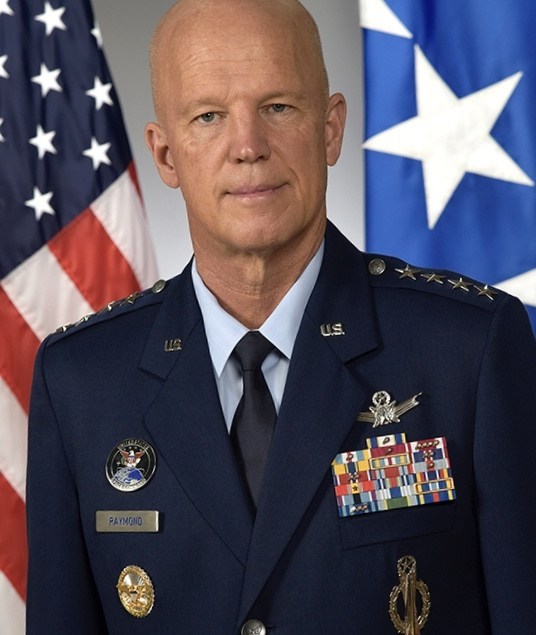
John Raymond
Chief of Space Operations, United States Space Force
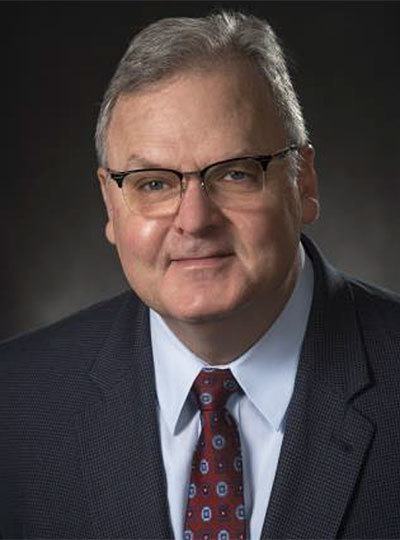
Jim Chilton
Senior Vice President, Space and Launch Boeing Defense, Space, and Security
In an international environment featuring great power tensions and complex new security challenges, do defense leaders spend enough time considering space as a domain of warfare? Should every nation create a Space Force? In this session, panelists discussed space as a hotly contested issue in global security.
General John Raymond is an impassioned advocate of America’s newly created Space Force, and the critical domain that it patrols. As other countries seek to weaponize space, the U.S. Space Force is determined to keep space a free, fair, and peaceful place. NATO also has a role to play, and Air Chief Marshal Sir Stuart Peach explained how satellites in space provide critical navigation, intelligence, and reconnaissance support for the Alliance. But it’s the partnerships with industry that make America a world leader in space exploration. Boeing’s Jim Chilton emphasized the industrial side of space, noting that his company will continue to provide new and high-quality space technology for both commercial and military use.
The panelists ultimately made it clear that if Western democracies want to support global peace and the rules-based international order, they must continue to invest in space technology through public-private partnerships, enhance diplomatic cooperation, and promote common rules for all countries to follow.
In the current global environment, space should be treated no differently than land, air, or sea.
Mr. Chilton framed space as a domain of opportunity, where research and innovation will help the $424 billion global space economy grow even larger. Acknowledging the widespread global interest in space, he noted that countries ranging from India and Australia to China are demonstrating greater interest and ambition.
Featured Speakers On the record
Speakers
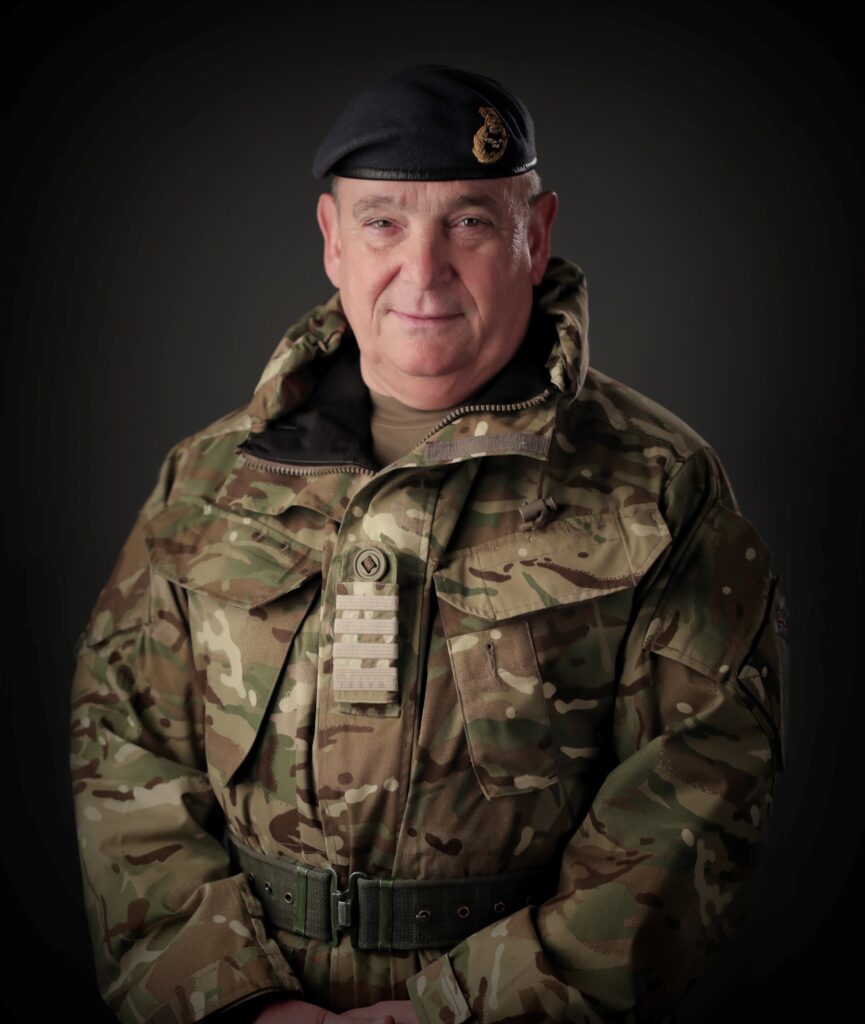
Stuart Peach
Chairman of the Military Committee, NATO
“The world changes, but we feel that the US must always have a strong space force supported by strong industry.”
— Jim Chilton, Senior Vice President of the Space and Launch division of Boeing Defense, Space & Security
“Space is right at the heart of our NATO command and control capabilities.”
— Air Chief Marshall Sir Stuart Peach, Chairman of the Military Committee, North Atlantic Treaty Organization
“The US is the best in the world in space because we have the best partners and the best industries. We built space force to better work with our industry partners to ensure that we can remain the best.”
— Gen. John Raymond, Chief of Space Operations, United States Space Force
Clippings
“Too many of the world’s great challenges, including climate and inequality, require China’s input for the country to be isolated by the West, the Halifax International Security Forum report concludes, but those democracies will need to use the U.S.-led post-war alliance system to force chance. That’s one fundamental advantage China does not have at its disposal: It has no real allies, only clients and fearful neighbors.”
“One of the marquee panels at the Halifax International Security Forum, held virtually this year, began on Friday with a grainy, grey video of an elephant being chased and eventually overpowered by a pride of lions. It was a stark visual metaphor for Beijing’s relative isolation as a world power — the fact that China is a powerful nation with few allies, while western democracies are overwhelming when they act in concert. There was, however, a palpable sense of dismay among some of the panelists when the conversation turned to whether the international community is a pride of lions or a collection of kittens.”
“Policy-makers around the world need to wake up to the reality of the China threat by carefully studying and learning about the various elements involved, from the Leninist essence of the CCP, through its assault on global democracies in international institutions, to its generalized and broadly-based interference in free and open societies. As a starting point, our organization,HFX, has produced China vs. Democracy: The Greatest Game, which we see as a “Handbook for Democracies” that discusses these challenges, and more, and is available for anyone to download.”
““I would not expect the president-elect to simply just take off all the tariffs and try to take us back to where we were in 2016,” Coons said at a security conference Friday. “I would expect him to begin by consulting with our close and trusted allies, like the United Kingdom, like Canada, before moving forward.” Coons, who appeared at the Halifax International Security Forum, said he was not speaking for Biden or the transition team but was outlining what he saw as Biden’s likely course of action based on their relationship and Biden’s long experience working in foreign relations as a senator and vice president.”
Janice Gross Stein joined Bruce Frisko and CTV News Atlantic to talk about the agenda for the 2020 Halifax International Security Forum, how the COVID-19 pandemic has affected the world’s democracies, the impact of the recent US election on global democracy, and what the rise of China means for Canada.
“They’re creating very advanced platforms — and weapons systems to go with those platforms — in the naval or maritime sphere, with their air forces [and] with their rocket forces,” said Adm. Philip Davidson. “China will test more missiles — conventional and nuclear associated missiles — this year than every other nation added together on the planet.” There is an “incredible asymmetry” in the region due to the People’s Liberation Army Rocket Force and what it’s capable of doing both in terms of capability and quantity, he said during a pre-recorded interview at the Halifax International Security Forum, which this year is being hosted both in person in Halifax, Nova Scotia, and virtually due to the ongoing COVID-19 pandemic.

